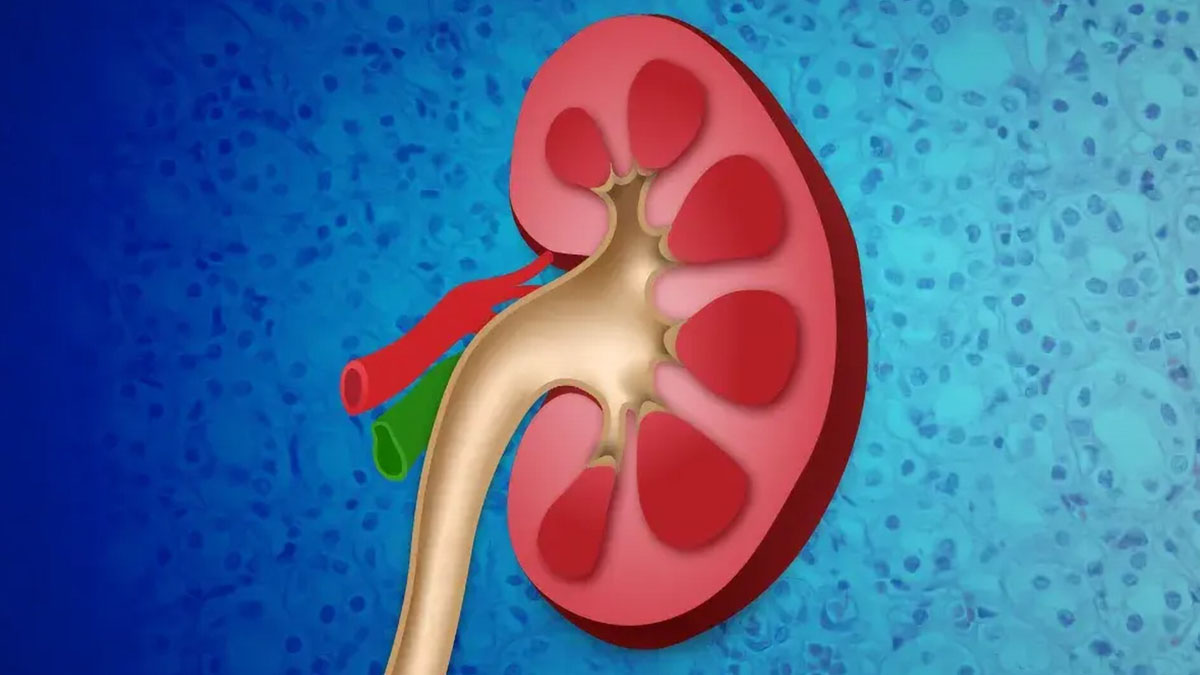
Researchers from the National Institutes of Health (NIH) and their collaborators have made a groundbreaking discovery about the genetic risk of kidney disease among people of West African descent. They found that variants of the APOL1 gene, known to affect immune function, can significantly raise the risk of chronic kidney disease (CKD) in West African populations. This study highlights the importance of understanding genetic risks across diverse populations and has far-reaching implications for managing kidney disease in the U.S. and beyond.
This article covers the study’s findings, the unique role of the APOL1 gene in kidney disease, and potential ways this discovery could impact public health.
Understanding the APOL1 Gene and Kidney Disease
The APOL1 gene plays a vital role in immune defense, especially in regions where parasitic infections like African sleeping sickness are common. However, certain variants of this gene, while protective against infections, can increase the risk of kidney disease:
- Genetic Variants: APOL1 has specific variants that heighten the risk of CKD, particularly in individuals of West African ancestry.
- Role in Immune Function: Although these variants help defend against parasites, they can also lead to scarring in kidney tissues, disrupting kidney function over time.
Study Highlights: The Impact of APOL1 Variants on Kidney Health
Researchers from NIH, in collaboration with the H3Africa Kidney Disease Research Network, conducted a study involving more than 8,000 people from Ghana and Nigeria. The participants included nearly 5,000 individuals with varying stages of CKD. Here’s what the study revealed:
- High Prevalence of APOL1 Variants: Nearly one-third of participants carried high-risk variants, indicating a widespread genetic predisposition among people of West African descent.
- Risk Increase with Single Variant: Contrary to previous beliefs, carrying just one copy of the APOL1 variant increases CKD risk by 18%. Two copies increase the risk by 25%.
- Severe Condition Risks: Individuals with these variants also face a higher likelihood of developing focal segmental glomerulosclerosis, a rare kidney condition characterized by severe scarring.
These findings were published in the New England Journal of Medicine, providing critical data for understanding how genetic variants affect kidney disease progression in West Africans.
Broader Implications for African Americans and Diverse Populations
This study is significant for populations beyond West Africa, as many African Americans can trace their ancestry back to West Africa. Therefore, insights gained from this study can improve kidney disease management for African Americans who share these genetic traits:
- Genetic and Environmental Factors: In addition to genetic risk, factors like diet, lifestyle, and limited healthcare access also contribute to higher CKD rates in African American, Hispanic American, and Native American populations.
- Early Detection and Intervention: Knowing about APOL1 variants can help healthcare providers offer earlier intervention for individuals at risk, potentially slowing disease progression and improving quality of life.
Health Consequences of Chronic Kidney Disease
Chronic kidney disease can lead to serious health issues, often progressing without symptoms until it reaches advanced stages. Some of the major health risks include:
- Waste Buildup: Damaged kidneys cannot effectively filter blood, causing waste to accumulate in the body.
- Reduced Red Blood Cell Production: CKD affects the kidney’s ability to stimulate red blood cell production, leading to anemia.
- Calcium Imbalance: CKD affects the body’s ability to balance calcium levels, which can lead to complications like bone disease.
- Heart and Stroke Risk: CKD significantly increases the risk of cardiovascular events, such as heart attacks and strokes, particularly in later stages.
Early identification of individuals at risk for CKD, especially those carrying APOL1 variants, could help prevent or delay these complications through lifestyle modifications and timely medical interventions.
Future Directions and Public Health Initiatives
With the identification of this significant genetic risk factor, there are several key areas for future research and public health strategies:
- Inclusive Genetic Research: This study highlights the need to include diverse populations in genetic research to ensure findings are applicable globally.
- Genetic Screening: Routine genetic screening for APOL1 variants among populations with West African ancestry may allow for targeted interventions.
- Public Awareness: Raising awareness about genetic risks and promoting healthy lifestyle choices can help individuals with higher genetic risk manage their health more proactively.
- Policy and Healthcare Access: Expanding healthcare access for routine kidney function monitoring can help detect CKD earlier in high-risk communities.
Dr. Adebowale A. Adeyemo, deputy director at NIH’s National Human Genome Research Institute (NHGRI), emphasized that understanding genetic risks can empower individuals to make informed health choices and lead to early interventions. Paul Kimmel, program director at NIH’s National Institute of Diabetes and Digestive and Kidney Diseases (NIDDK), added that studying diverse groups is essential for developing effective genomic medicine that benefits all people.
Conclusion
The discovery of APOL1 variants as a significant risk factor for chronic kidney disease among West Africans marks a milestone in genetic research. By identifying populations at higher risk, healthcare providers can offer targeted interventions to help prevent or manage CKD more effectively. As research continues, integrating genetic insights with lifestyle factors could pave the way for better kidney health worldwide.
References
- Gbadegesin, R. A., Ulasi, I., Ajayi, S., et al. (2024). APOL1 Bi- and Monoallelic Variants and Chronic Kidney Disease in West Africans. New England Journal of Medicine. DOI: 10.1056/NEJMoa2404211.
- National Human Genome Research Institute and National Institute of Diabetes and Digestive and Kidney Diseases funding acknowledgment.
